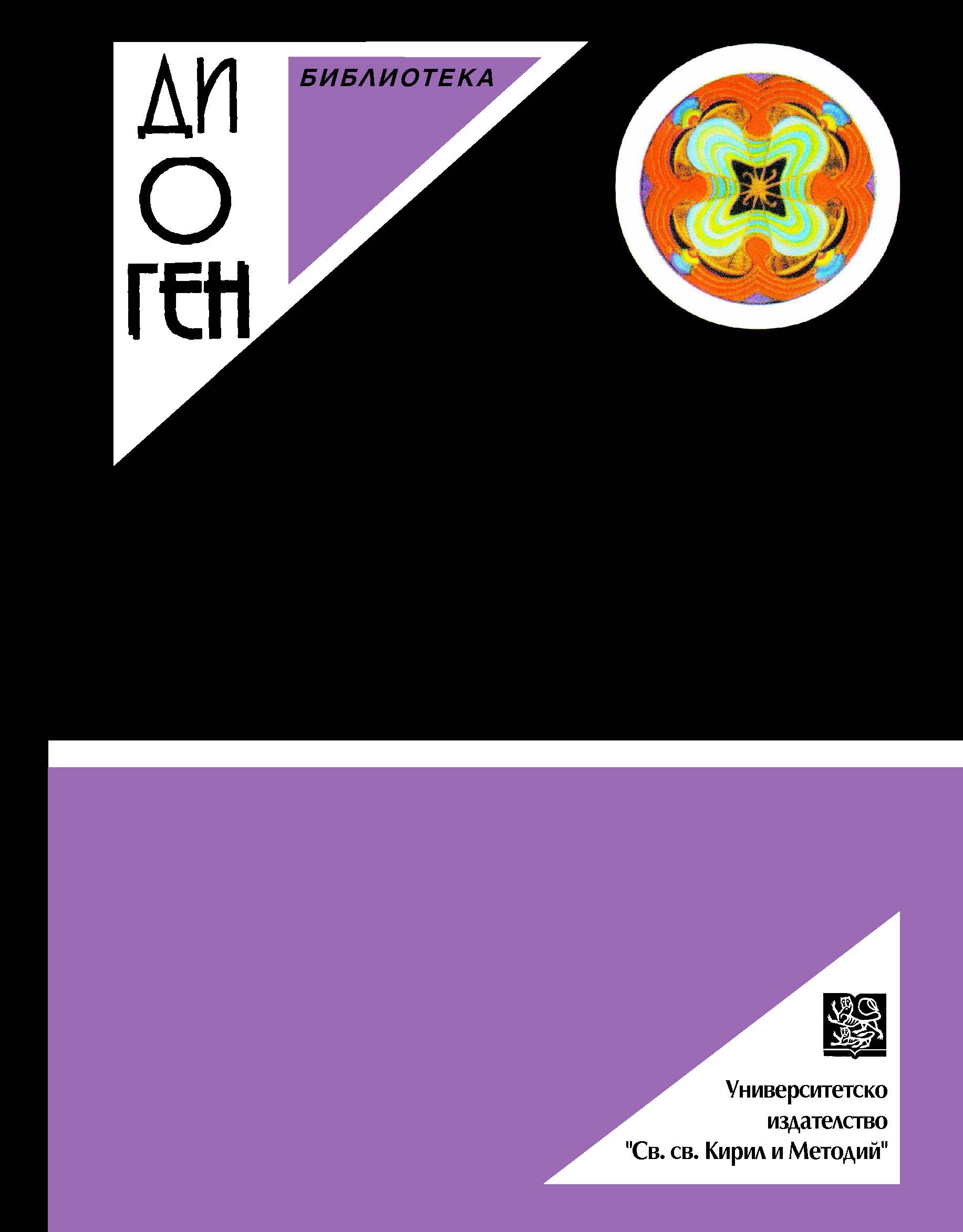The Aristotelian Conception of General and Particular Justice: a Reconstruction
The Aristotelian Conception of General and Particular Justice: a Reconstruction
Author(s): Boris KashnikovSubject(s): Philosophy, Social Philosophy
Published by: Великотърновски университет „Св. св. Кирил и Методий”
Keywords: Aristotle; Plato; General Justice; Particular Justice; Distributive Justice; Retributive Justice; Commutative Justice; Equal Justice; Unequal Justice
Summary/Abstract: There are different interpretations of the Aristotelian conception of justice. The article deals with one more possible solution to the problem of interpretation. The author assumes that Aristotelian conception is as close to the contemporary language of moral and sociological theory as possible. Our language, as well as structural sociology of Talcott Parsons reveals a twofold nature of the subject of justice. Justice appeals to values, but justice also appeals to norms. On the level of values justice functions as the most fundamental system of social orientation, on the level of norms justice functions as a system of integration. What Aristotle calls “general justice” may be interpreted as the legacy of Plato, justice of the “most sacred myth”, revealing the highest value of the society. On the contrary, “particular justice” is a system of norms, moral or legal, which constitute the grass roots of everyday morality. Aristotle, unlike Plato, tends to trust in the validity of the second, but he does not deny the importance of the first.
Journal: Диоген
- Issue Year: 25/2017
- Issue No: 2
- Page Range: 147-161
- Page Count: 15
- Language: English

